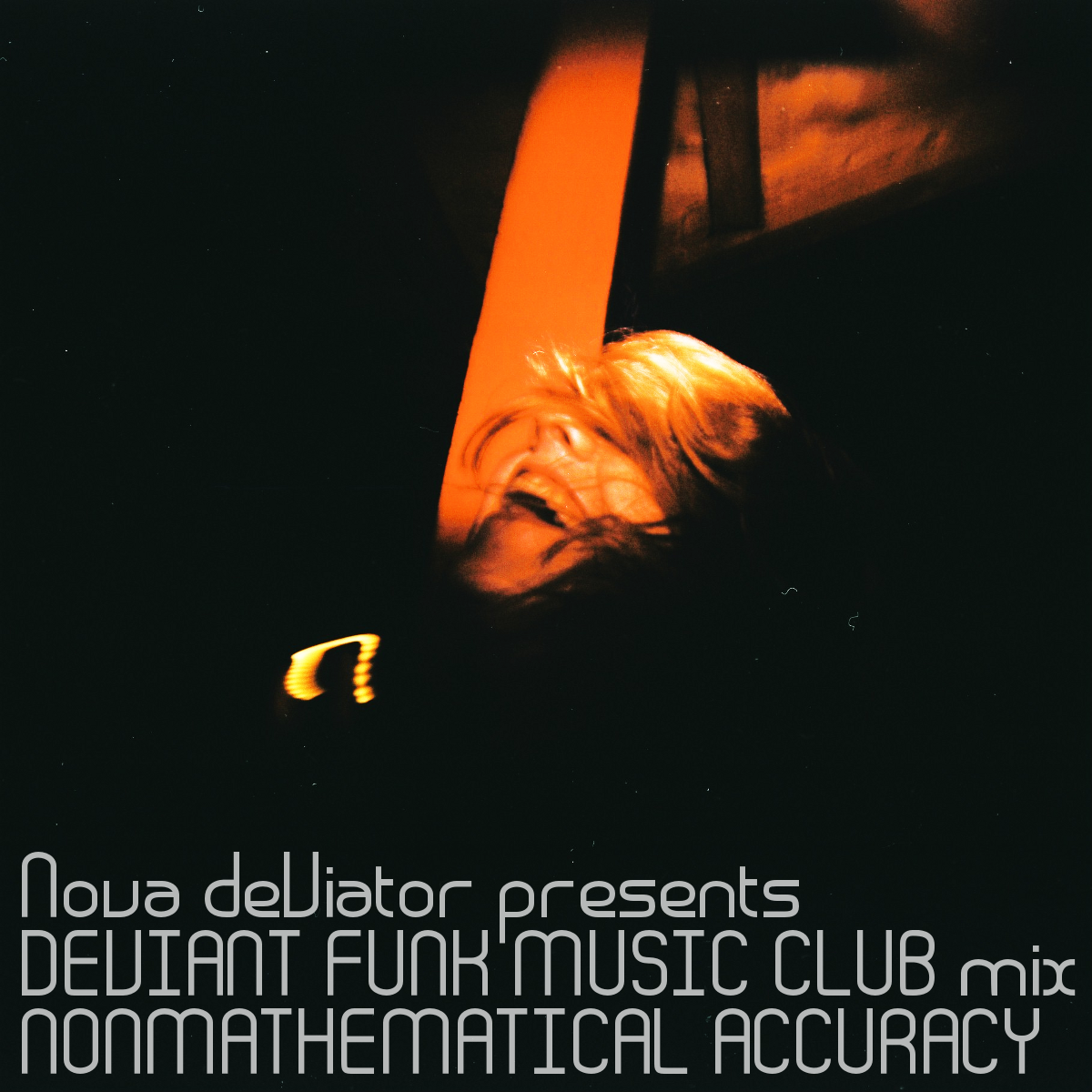This is an essay that I wrote for IDOCDE (International Documentation of Contemporary Dance Education) project/website last week in Lunow-Stolzenhagen. It is an attempt to explain what FLOSS essentially is using some analogies. Feedback welcome.
Here’s a story.
Imagine yourself going to a workshop by an amazing dance professional who is teaching a movement technique that is the latest and greatest thing ever. You pay for it and work on it weeklong and you are amazed and thrown off your feet (literaly too) by its beauty, elegance, thoroughness, radicality, inventiveness – in short THAT is the most amazing method of movement that enables lighting-fast progress with your body and movement.
You think and realize you want to share this with your local peers. What’s more, you want to improve on it, merge the technique with some of your own discoveries during the years of your practice. You plan a workshop and a short sketchbook. You will fully credit the amazing dance professional. People will be thrown off their feet like you were, and will take it further, enrich it with their own ideas, use it in their work, make their own workshops for others to see and learn. This is how progress is made, isn’t it? By building on each other’s work. You learn something, you improve it, and you share it with others, so they can learn, improve and share it with others. People talk about it, mention names and peers, good practices survive, bad ones are left behind. You can be cherished if your work is distributed, mentioned and built upon.
Continue reading →
 Non-Mathematical Accuracy cover
Non-Mathematical Accuracy cover






